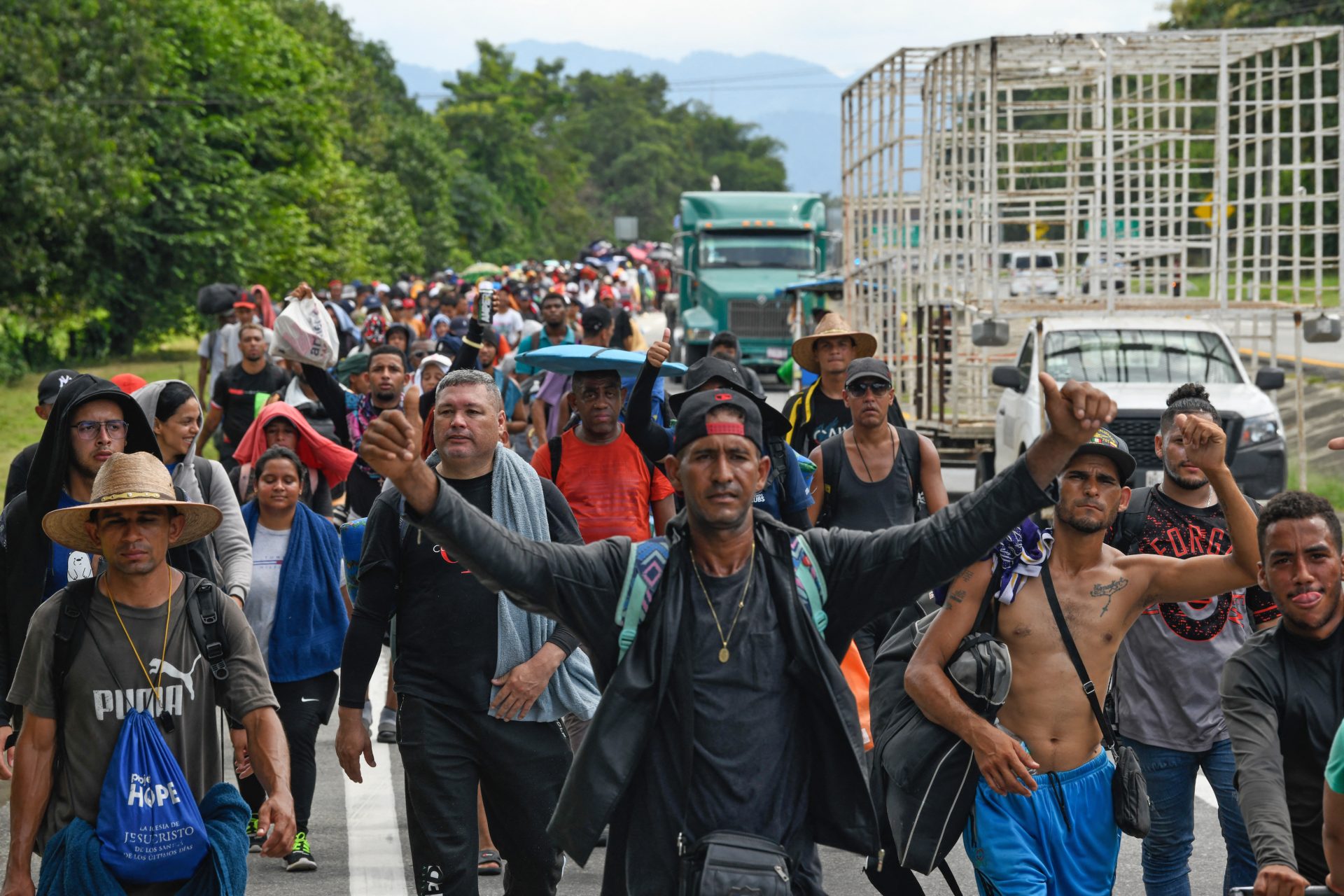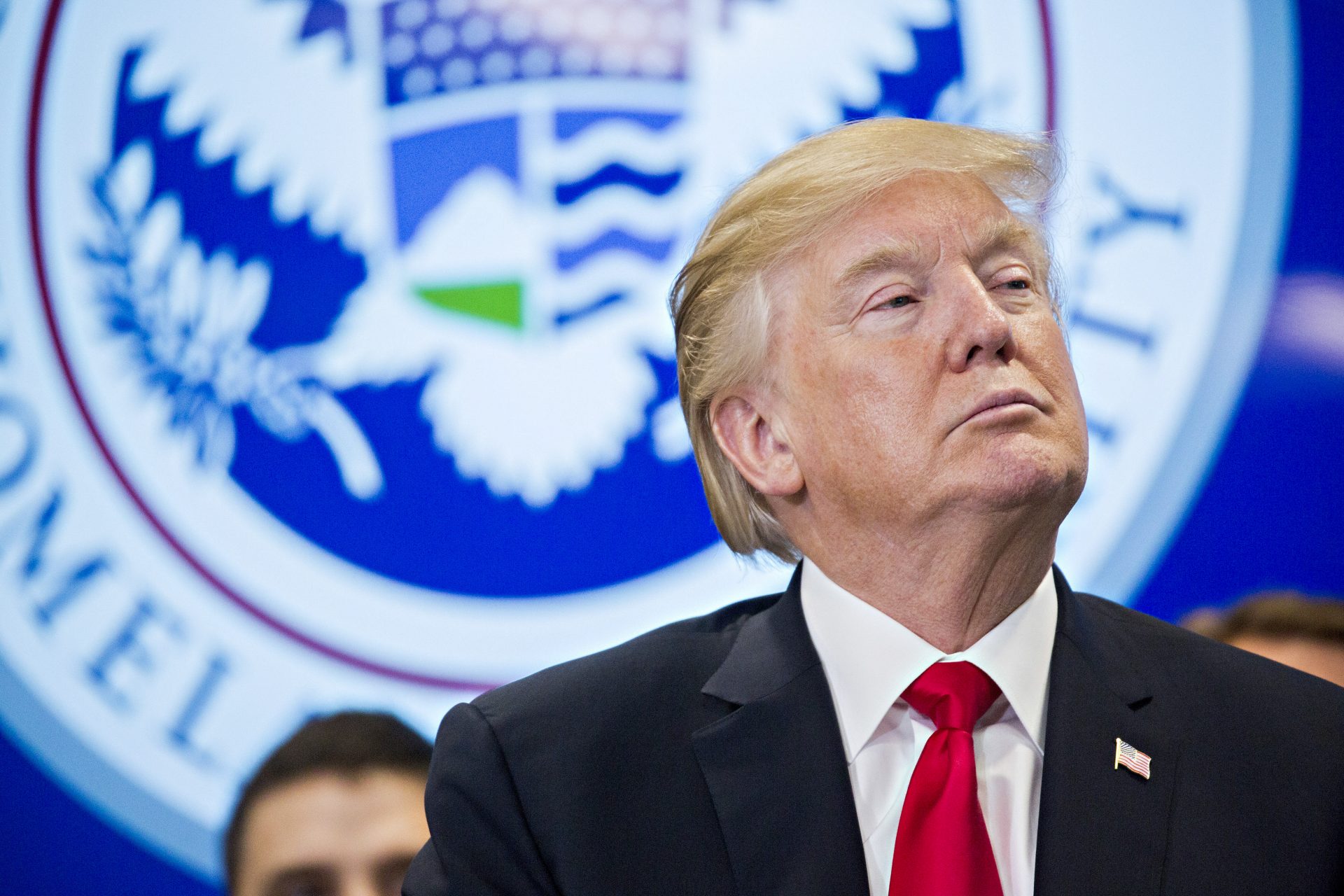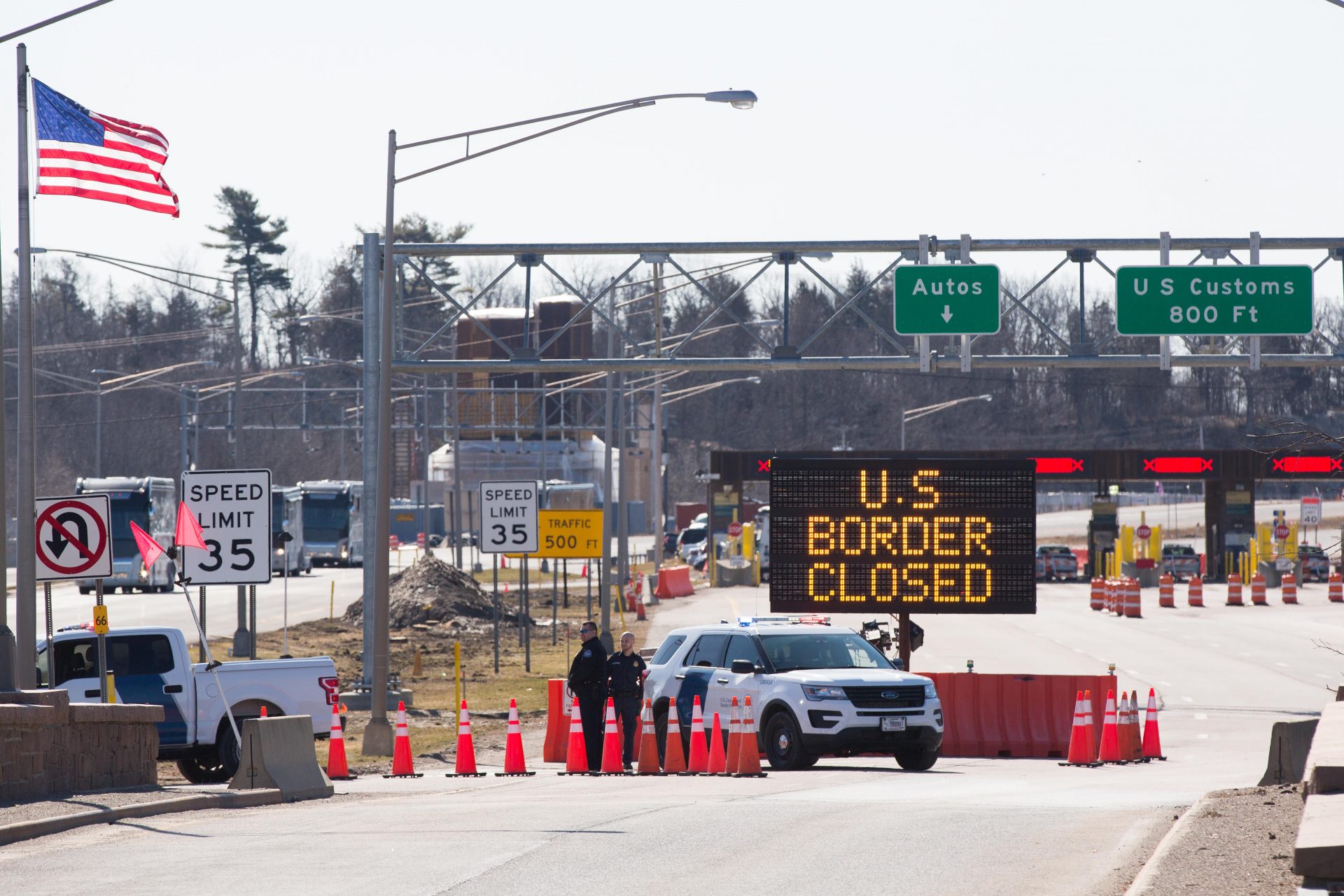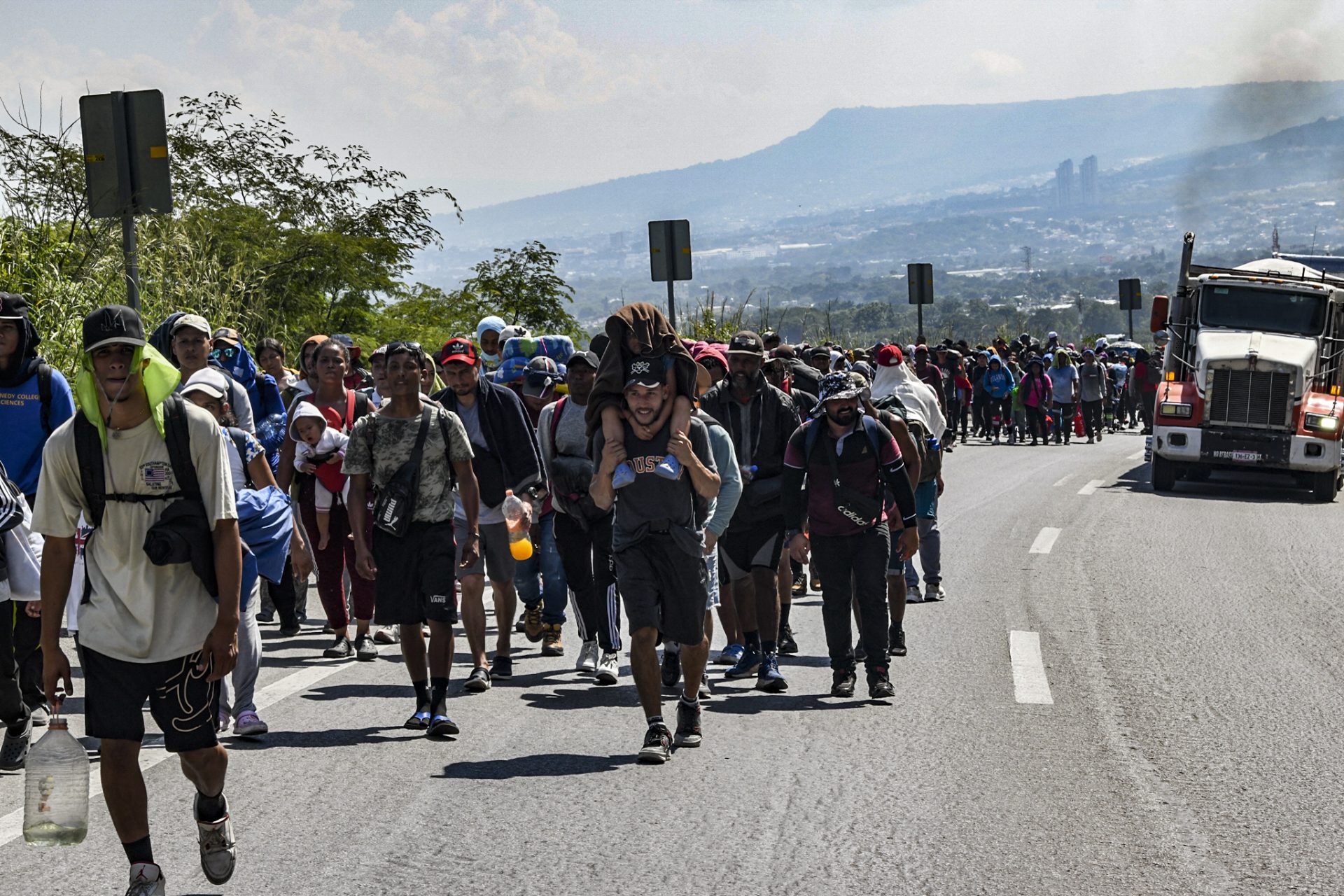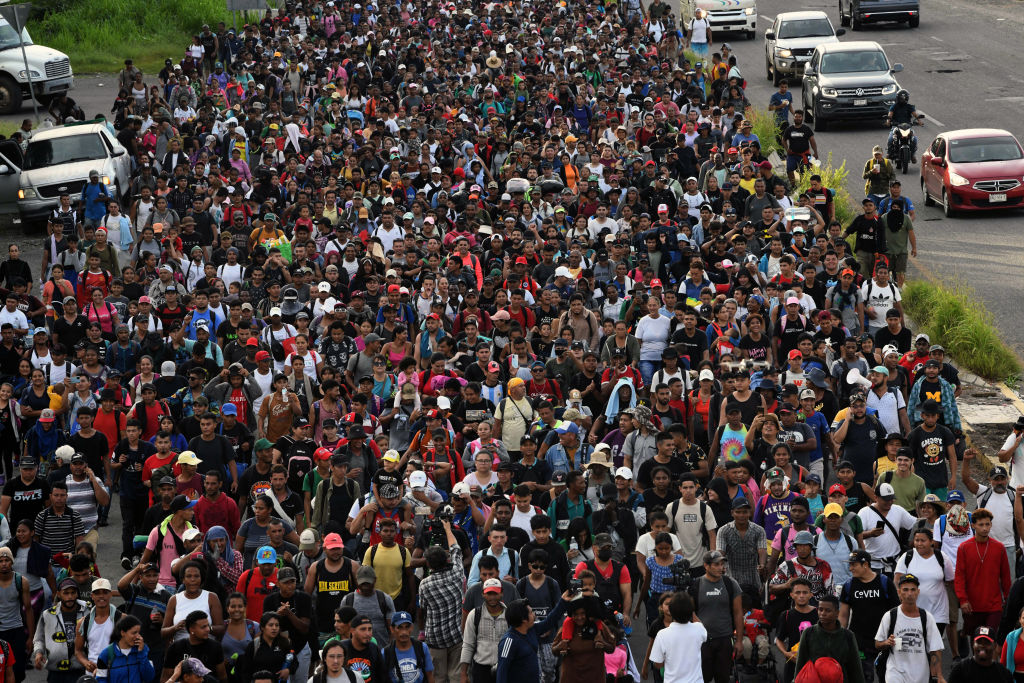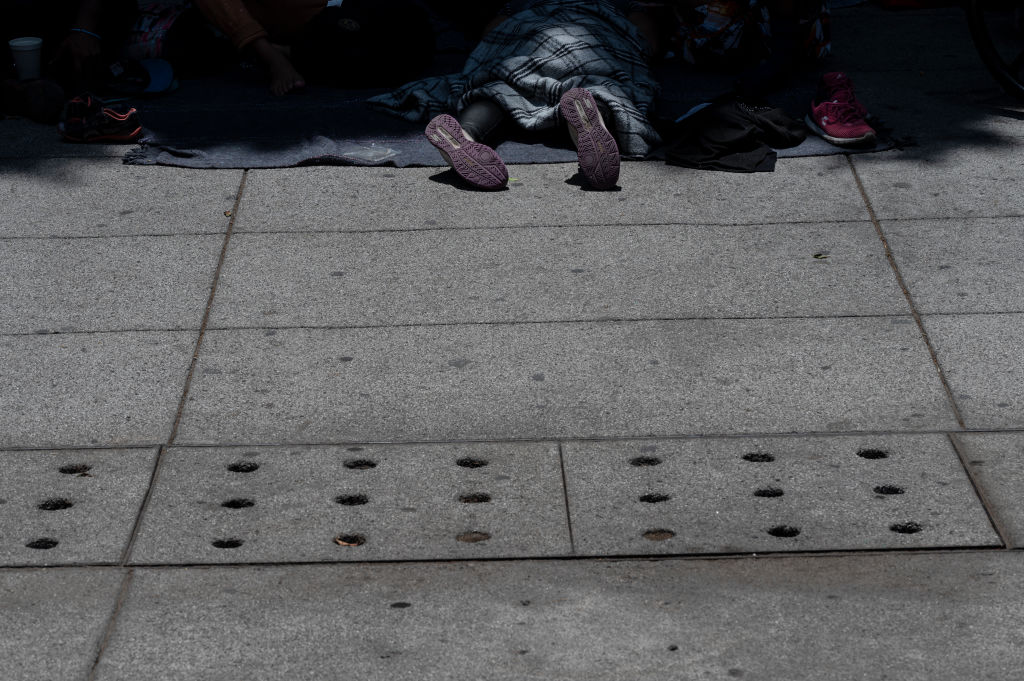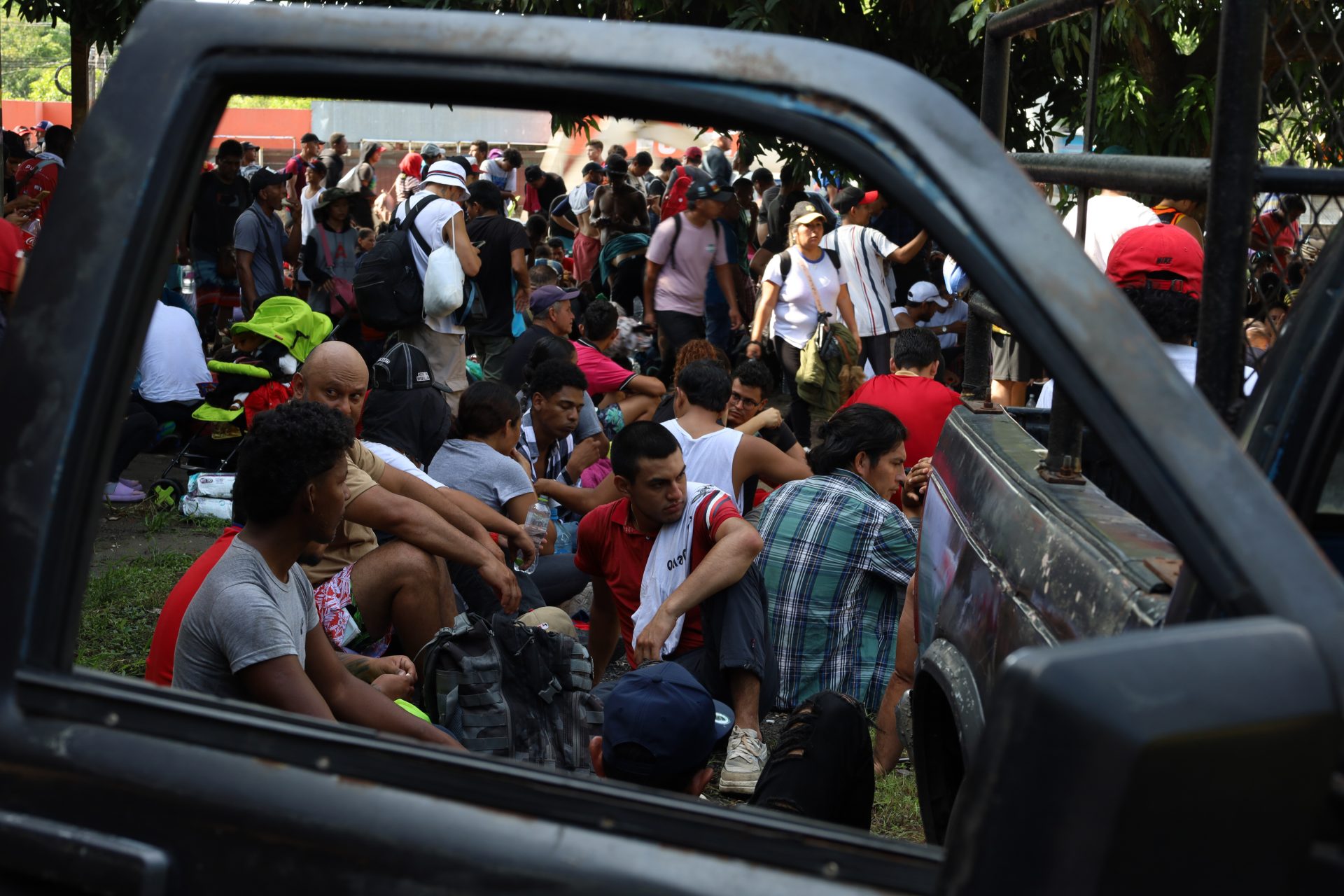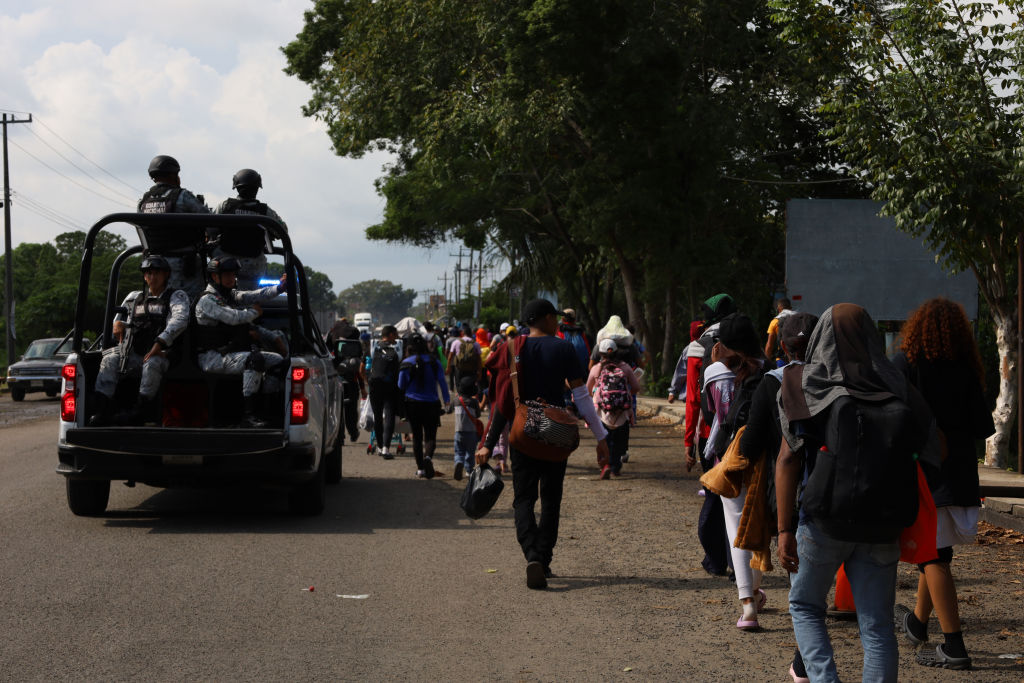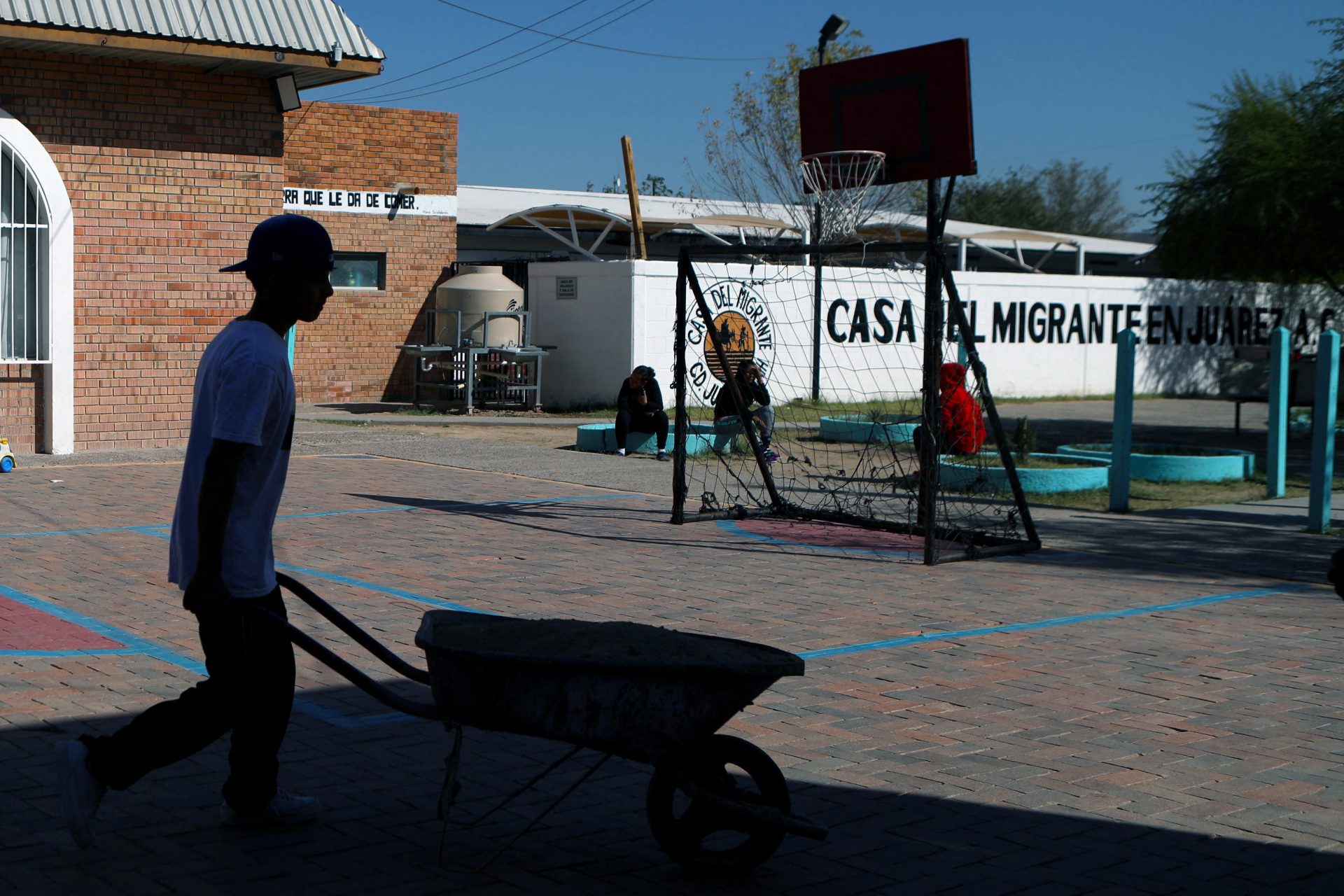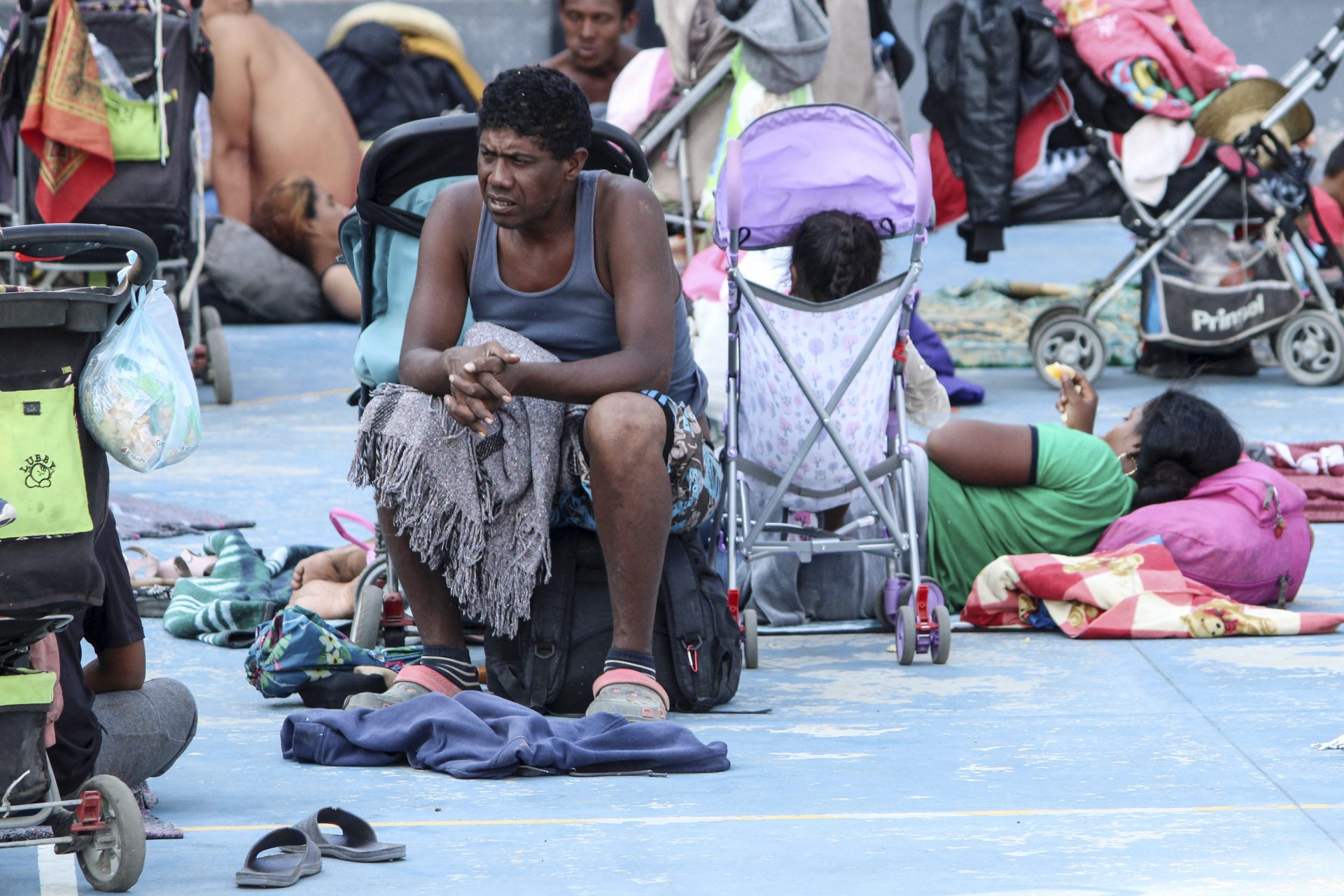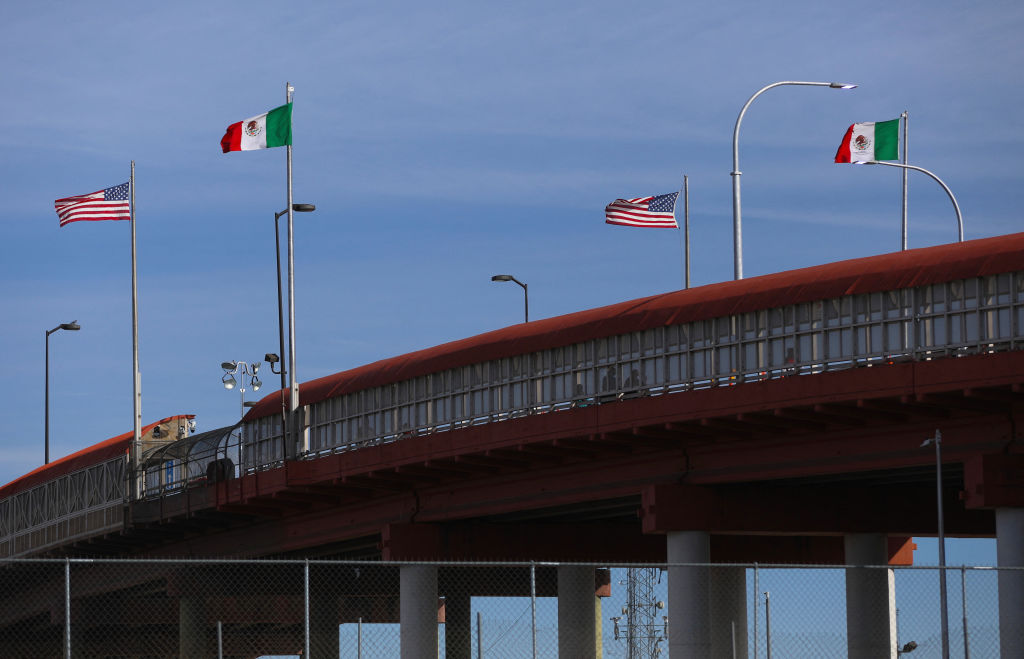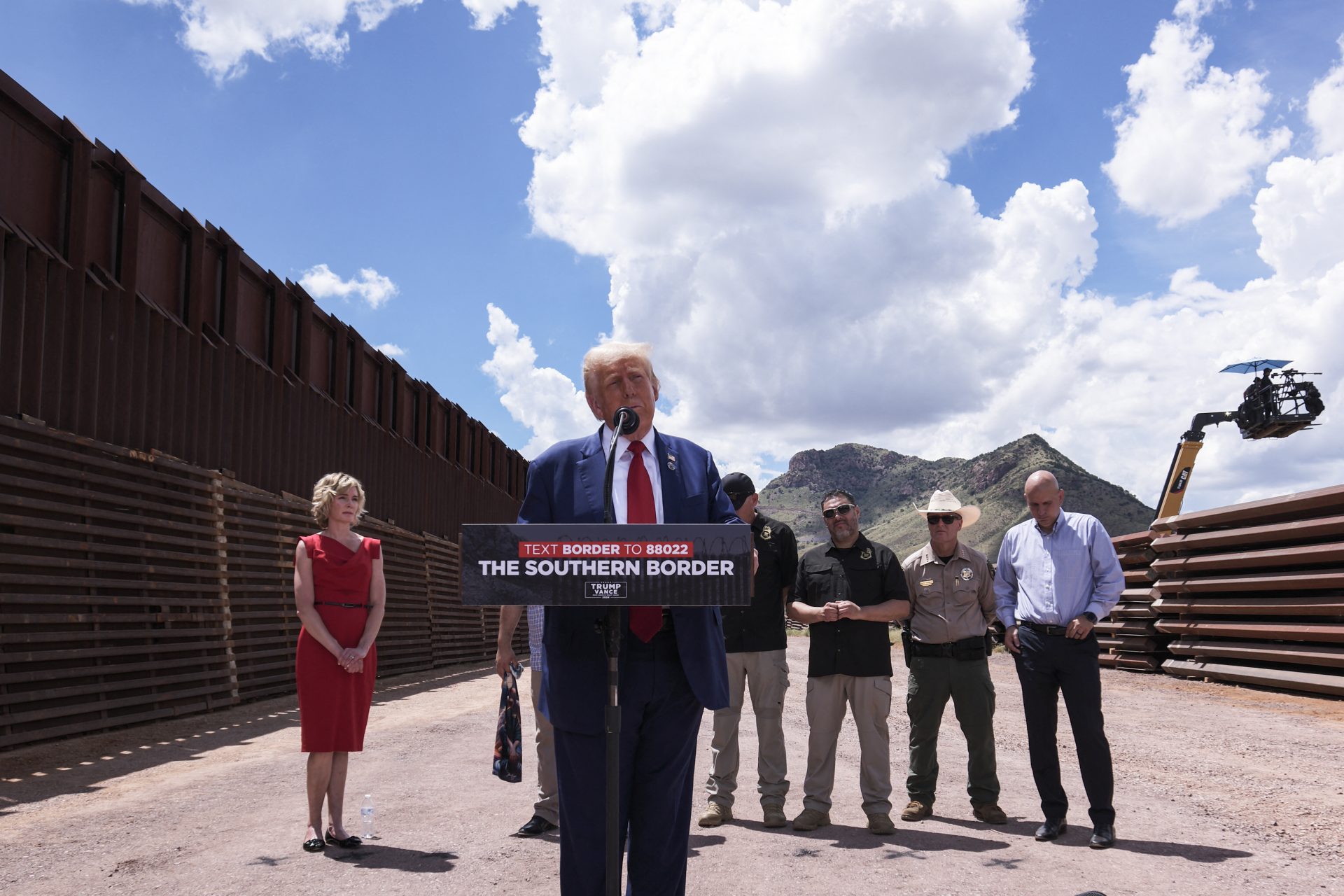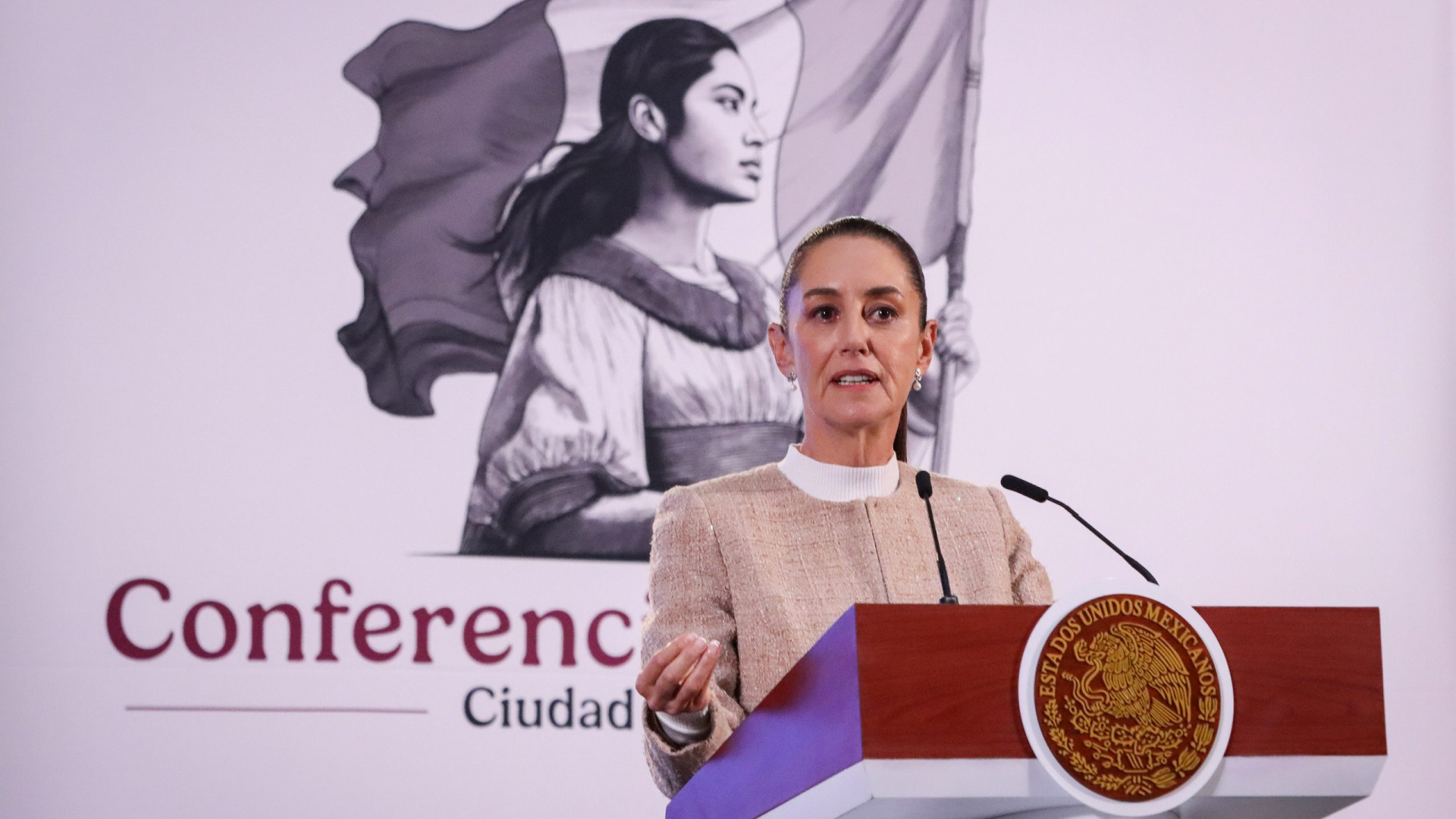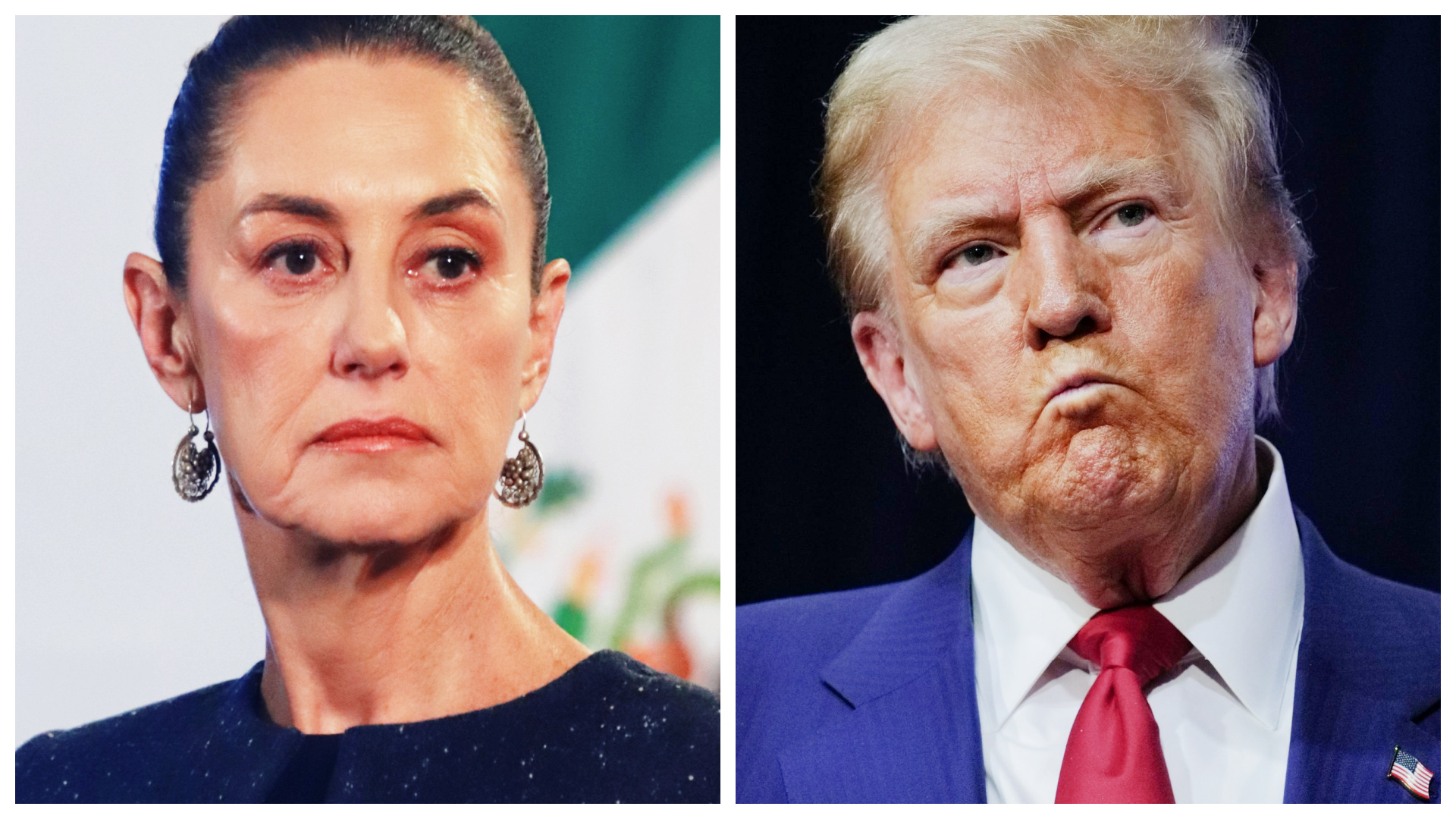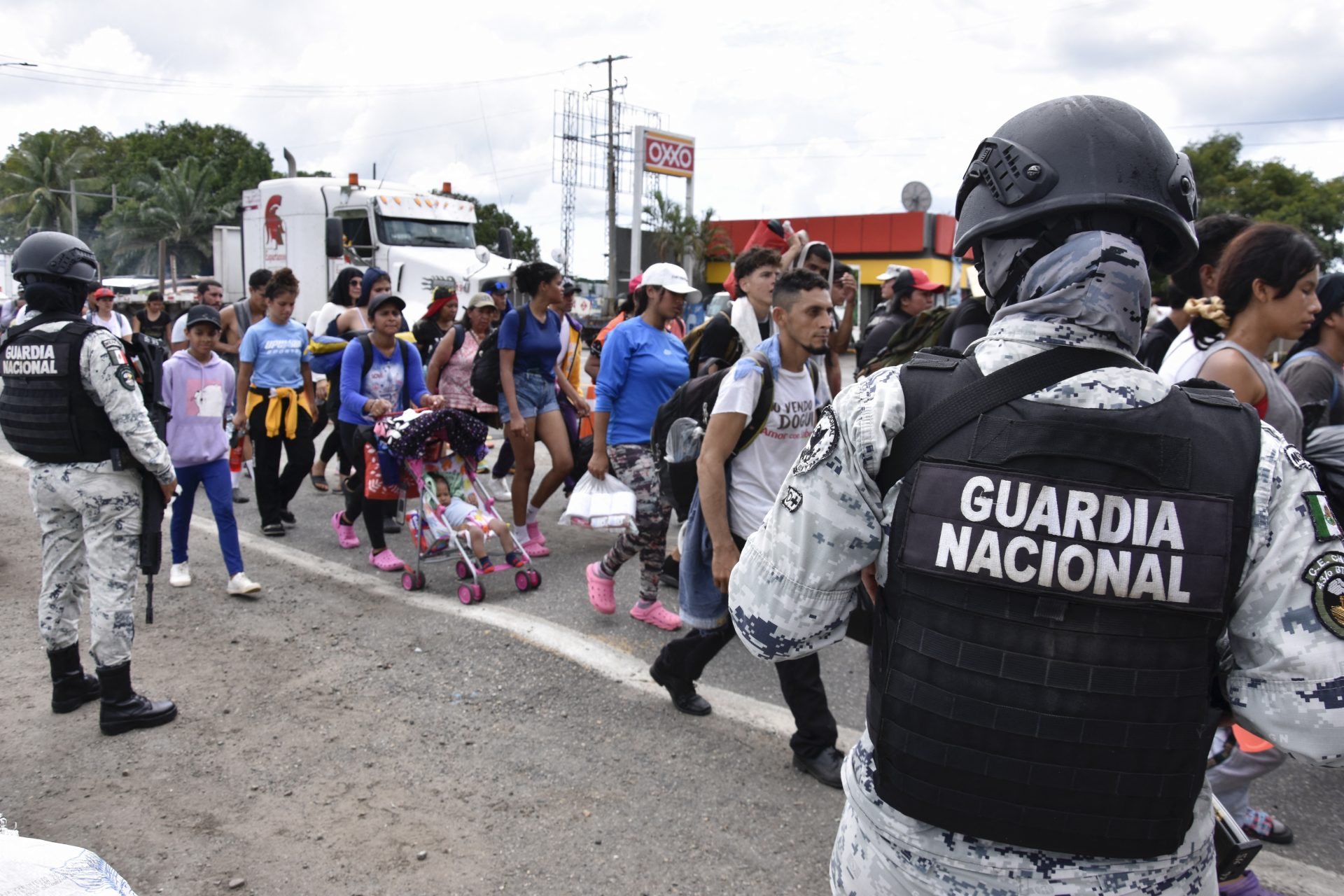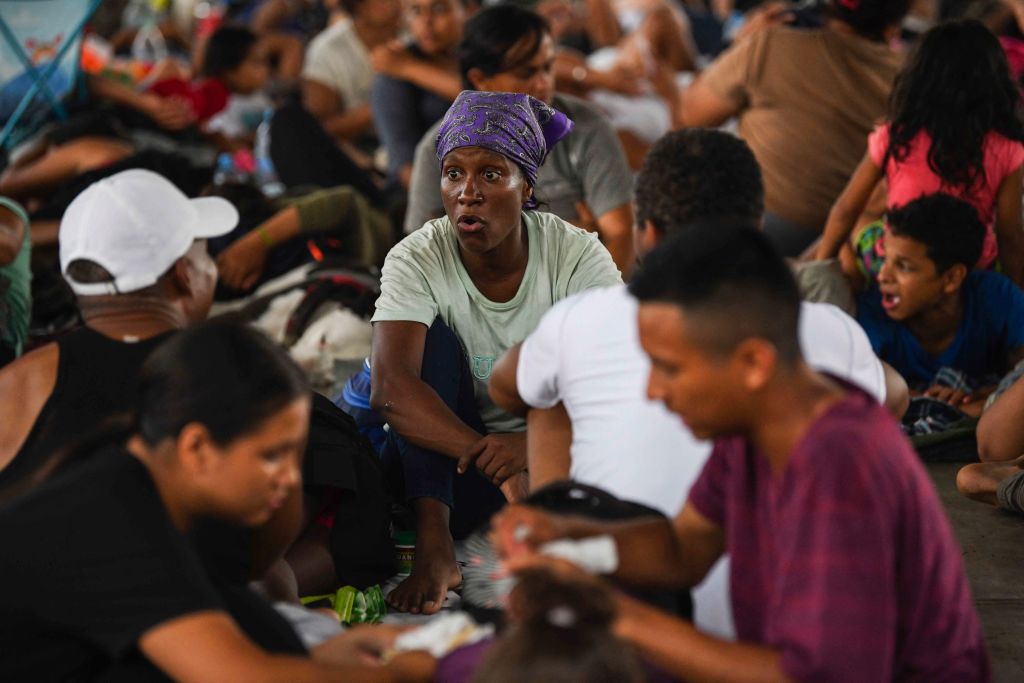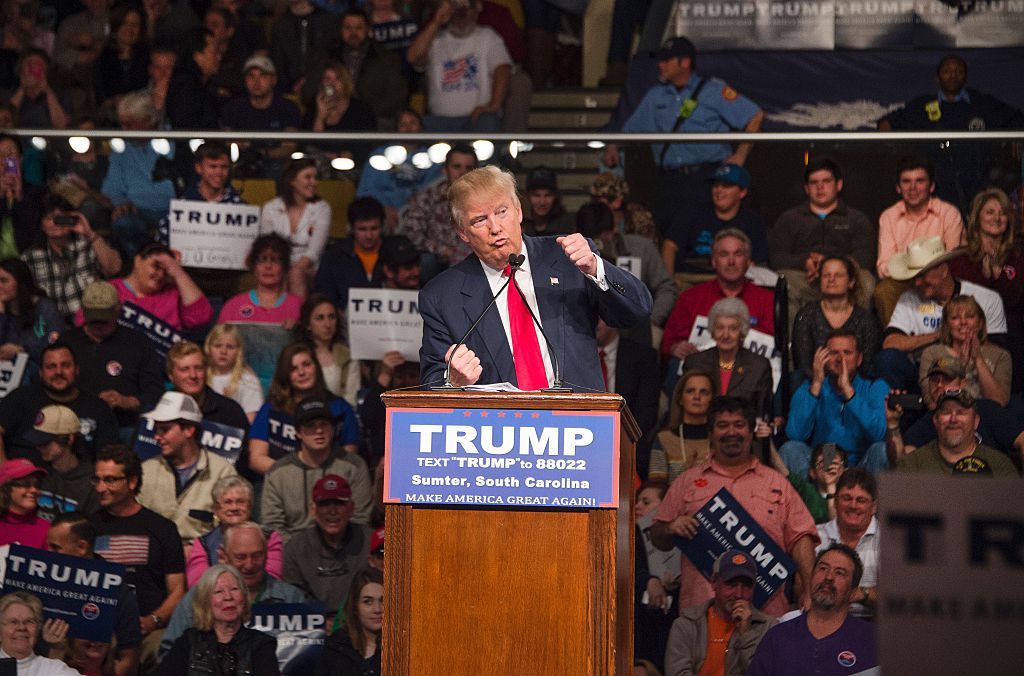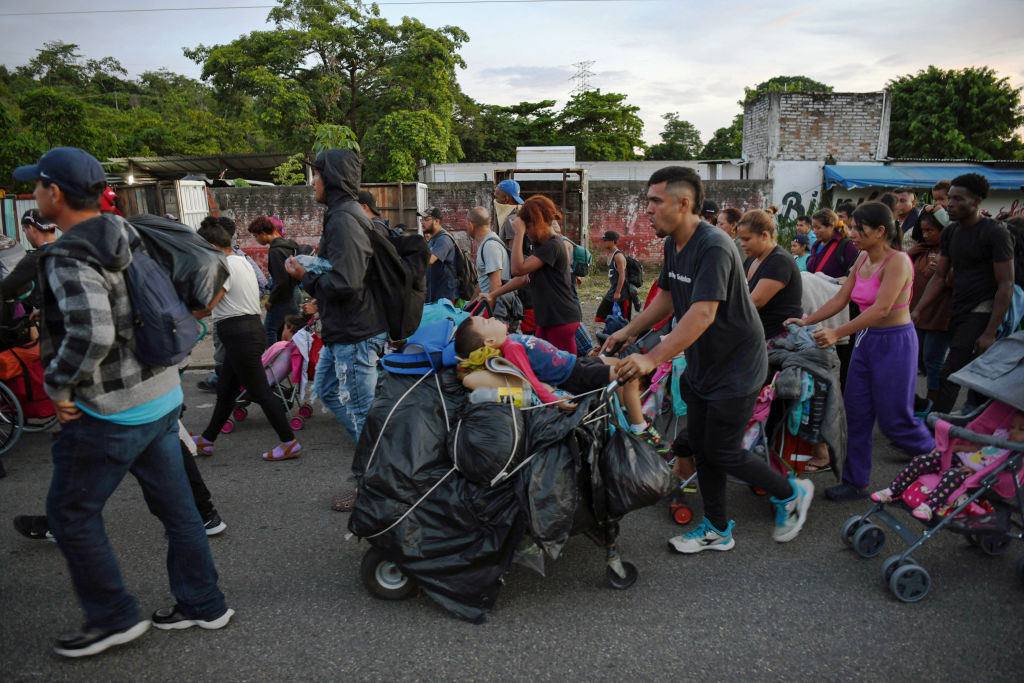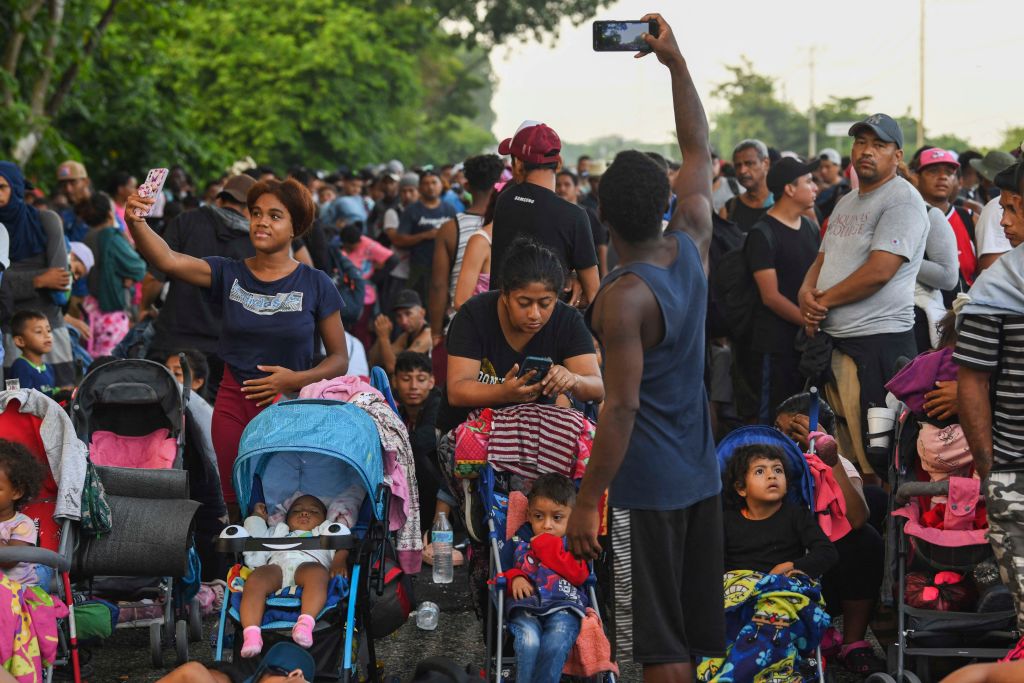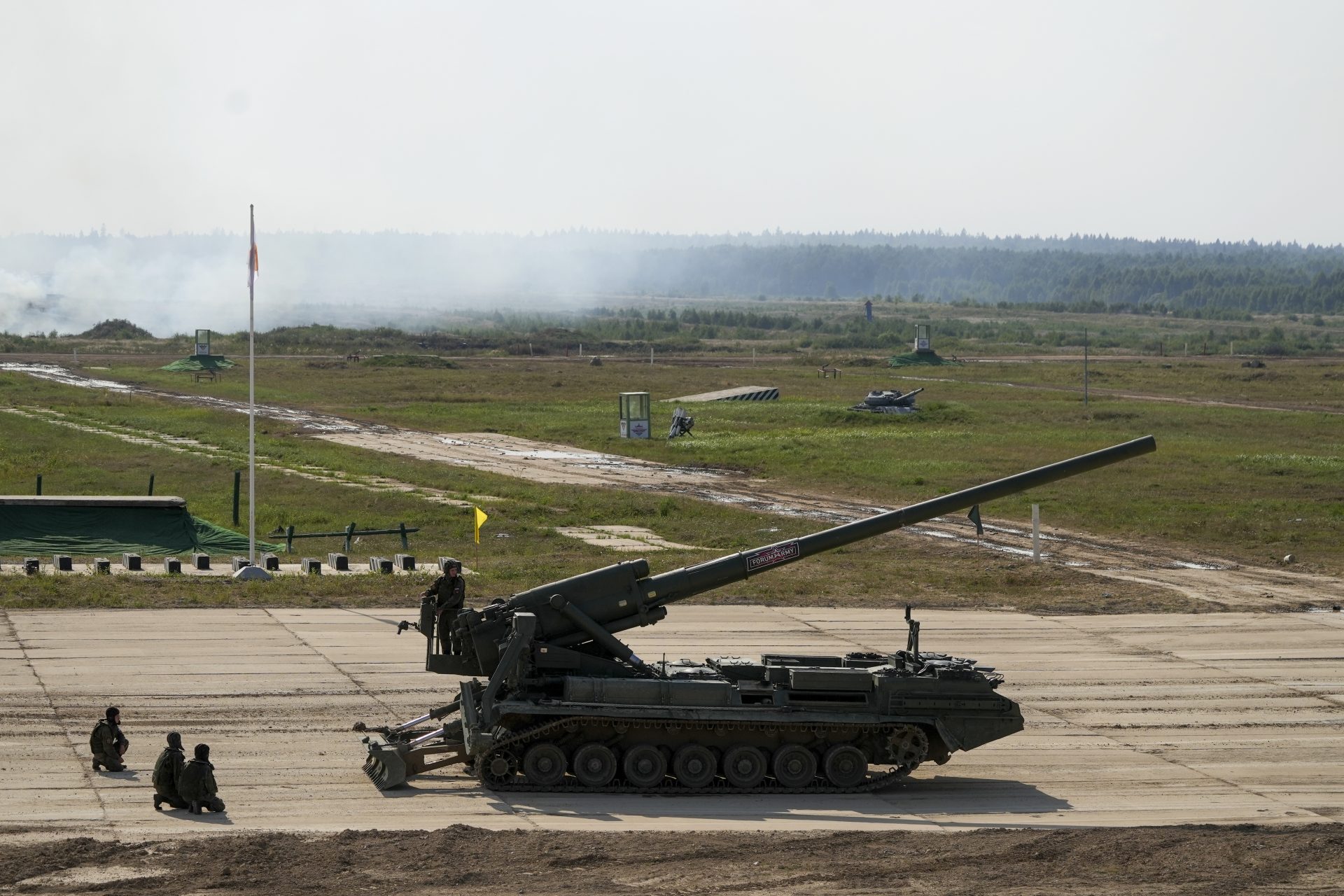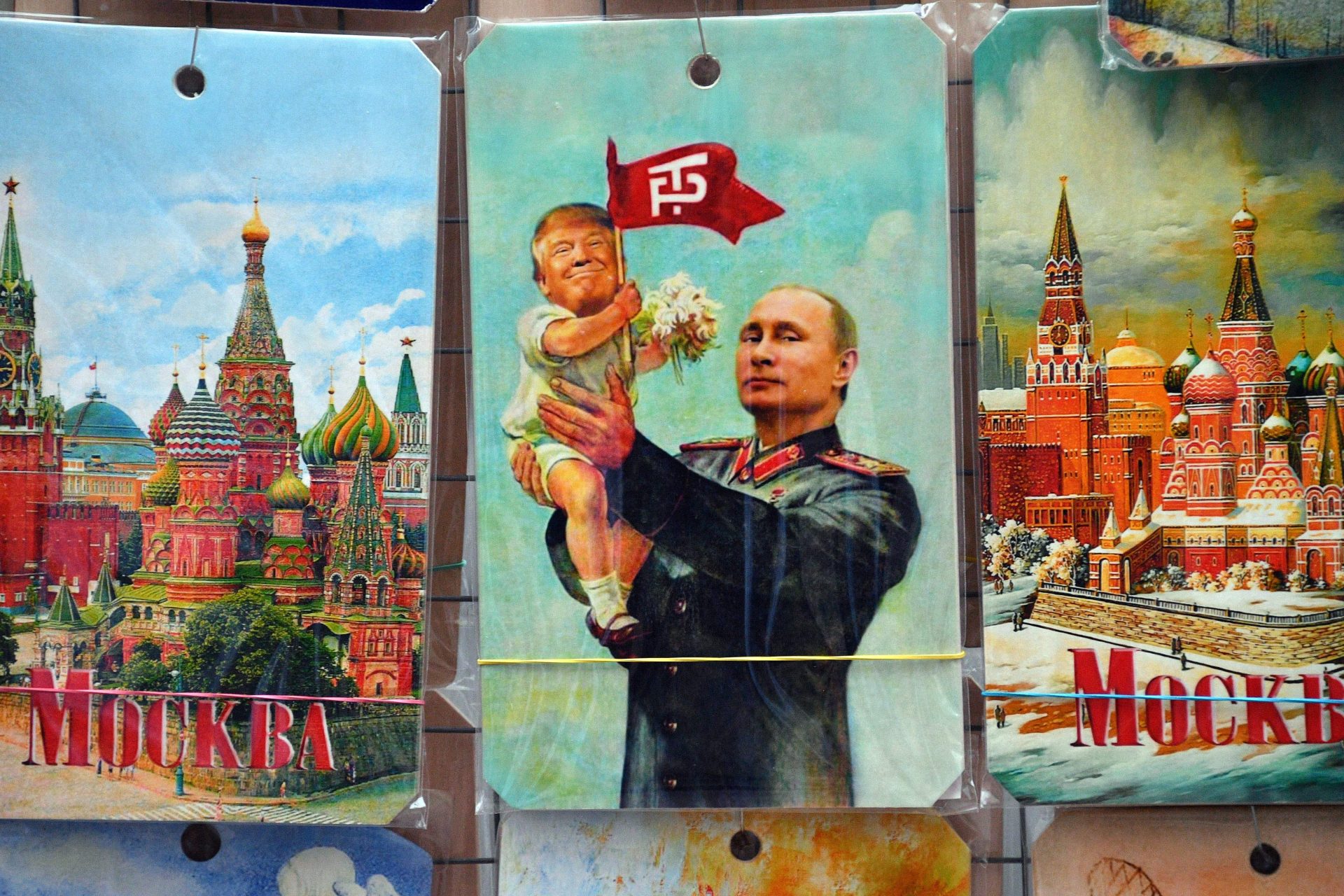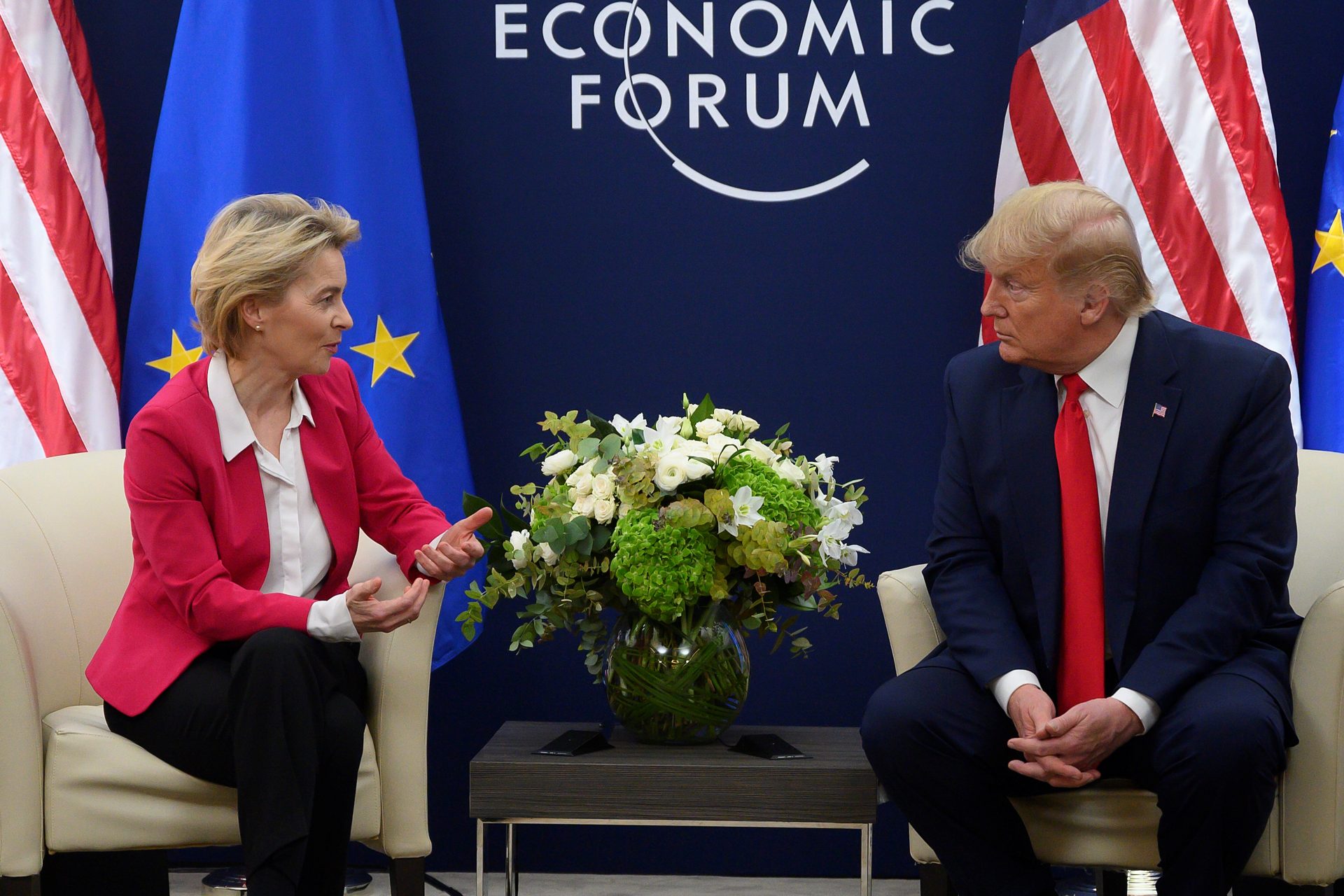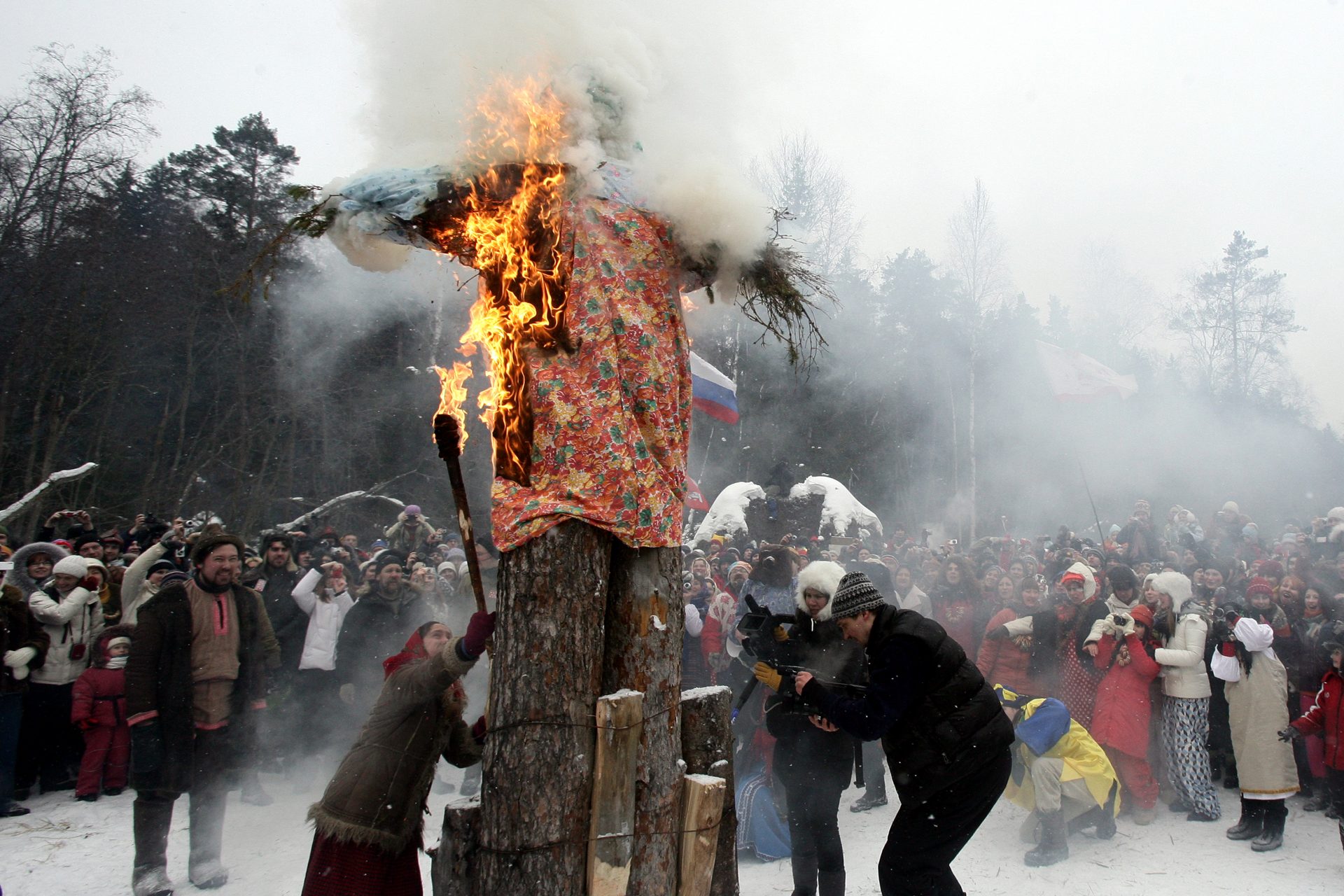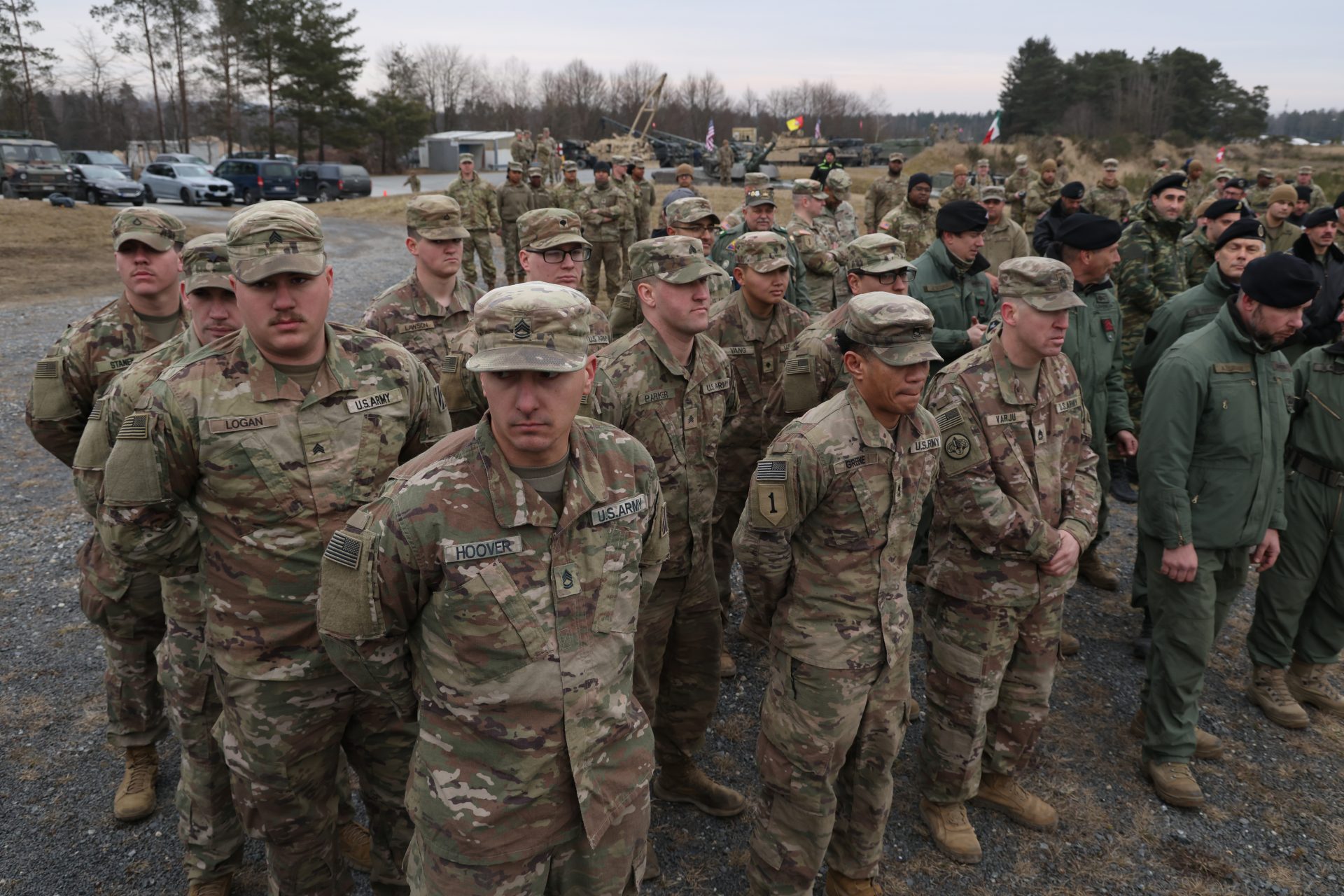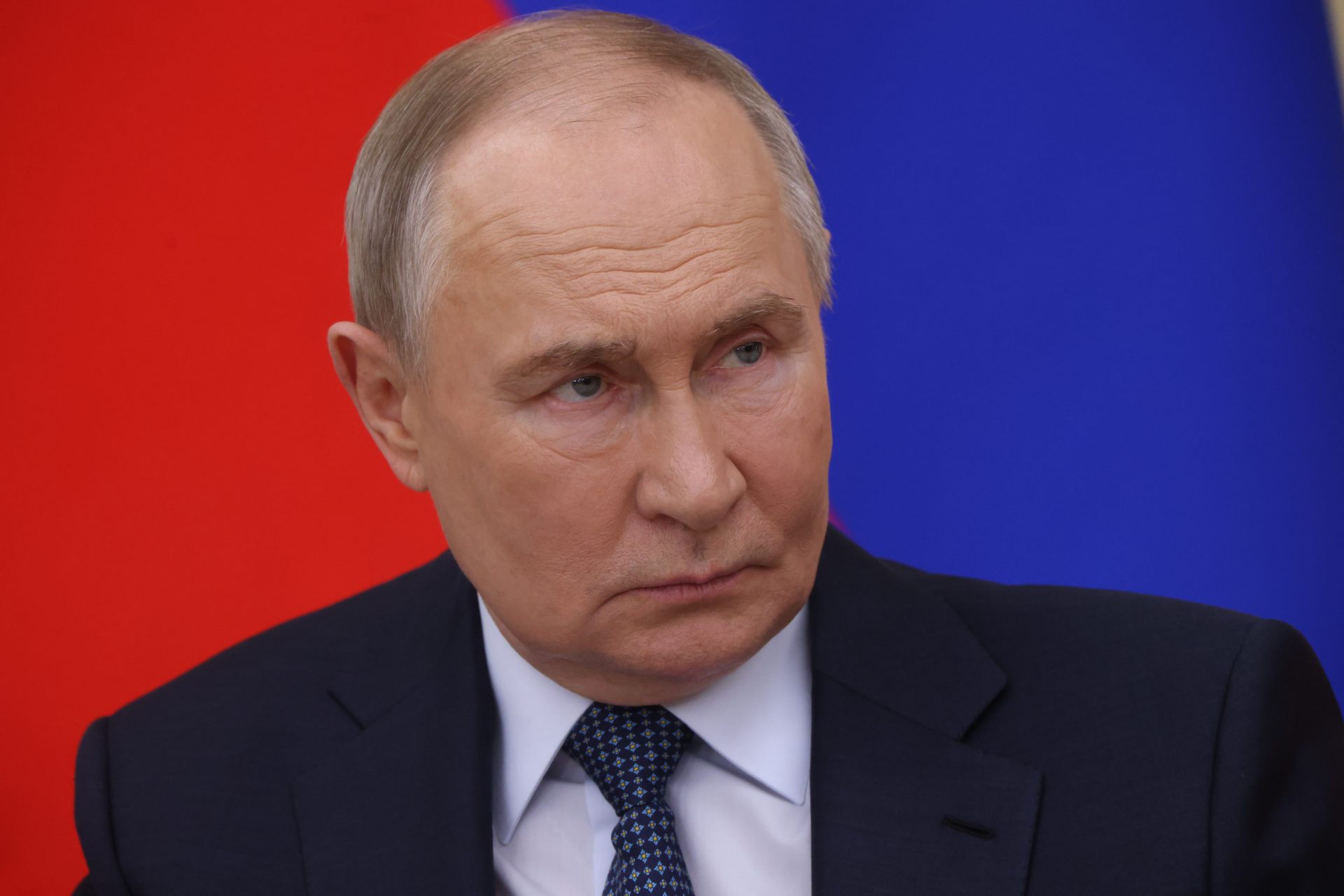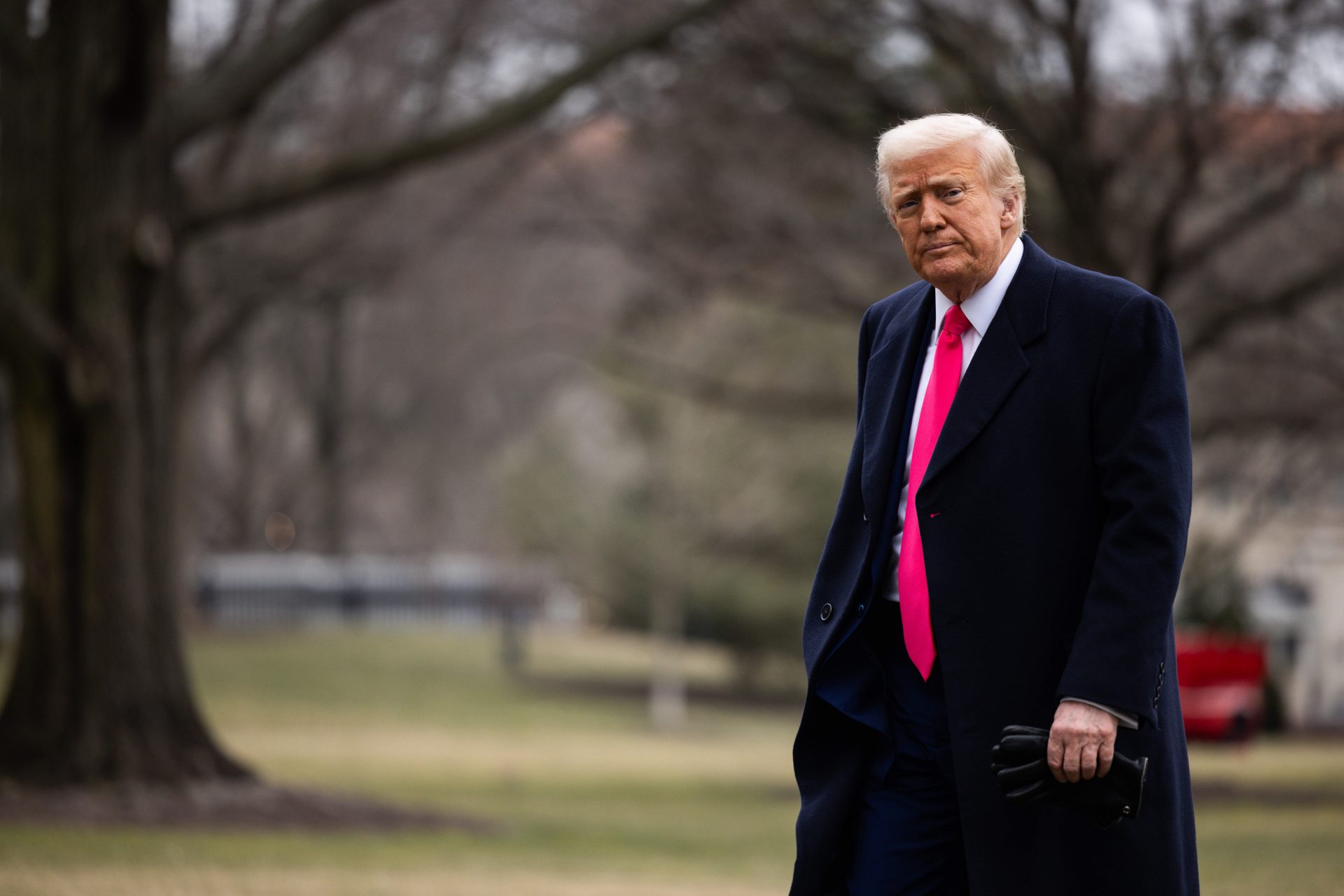Waves of migrants cross the US-Mexico border, hoping to arrive before Trump takes office
Thousands of migrants from Central and South America are moving toward the US border in hopes of crossing before Donald Trump takes office and stricter immigration policies are implemented.
This hasty mobilization reflects the fear and despair of those seeking an opportunity to build a better life.
The president-elect has promised a tougher approach to immigration, including mass deportations from his first day in office.
This announcement has led many migrants to rush, fearing they will be caught up in the new policies as they seek a better life, according to Fox News Digital.
Experts warn that the flow of migrants to the border is likely to continue to increase before the inauguration, as many have lost everything and have nowhere to return. Desperation drives hundreds of people to risk their lives searching for a new opportunity in the United States.
According to a New York Post article, the caravan primarily consists of migrants from Venezuela, Cuba, Haiti, Colombia, Guatemala, and Honduras.
The migrants are fleeing extreme situations in their home countries, including violence and poverty. Many have sold their belongings and are homeless. "They are determined to get to the United States one way or another. They have sold everything they had and have nothing left to return to," Auden Cabello, a freelance journalist who has covered the border crisis extensively, told Fox News Digital.
Most migrants rely on CBP One, an app that manages asylum appointments and immigration paperwork. According to Newsweek. While it is a key tool for migrants as they try to start a new life, questions remain about its effectiveness and safety.
The journey to the United States is filled with danger. Migrants face constant threats, not only from the authorities, but also from criminal groups operating in the area. Despite this, many consider this risk to be their only alternative to seeking a better life.
Border communities are bracing for a significant increase in migrant arrivals, which could heighten tensions and pose logistical challenges. Local authorities and organizations are working to manage the necessary resources and avoid a potential humanitarian crisis.
Humanitarian organizations have warned of the precarious conditions in which migrants travel, exposing themselves to extreme risks. They also criticize possible policies that could further complicate their situation, worsening an already complex humanitarian crisis.
Lora Ries, director of the Heritage Foundation's Center on Border Security and Immigration, said caravans often break up once they reach Mexico. But she said many migrants are likely to continue speeding their pace toward the border before Donald Trump gets sworn in.
Trump called the entry of migrants without visas an “invasion” and warned that he would impose a 25% tariff on Mexican imports if the government, led by Claudia Sheinbaum, does not stop the flow of undocumented immigrants.
This threat is significant since Mexico sends more than 80% of its exports to the United States, its main trading partner, according to France24.
The same source said that Mexican President Claudia Sheinbaum had a telephone conversation with Donald Trump, in which she explained Mexico's strategy to address the migration phenomenon and the fight against drugs.
During the call, Sheinbaum assured Trump that the migrant caravans no longer reach the border thanks to the actions of the Mexican authorities. She explained that migrants usually organize these mobilizations to pressure the delivery of safe passes, which allow them to move freely through the country without fear of being deported.
Public opinion is divided on immigration policies: some advocate stricter measures, others argue for more humanitarian approaches that prioritize migrant rights.
During his first term, Trump took a tougher stance at the border, which migrants will take into account when deciding whether to come to the US. According to journalist Auden Cabello, shelters in Mexico remain overcrowded and the U.S. border will see daily crossing attempts by groups of up to 200 people, according to Fox News Digital.
Cabello also stressed that migrants who break away from the caravans in Mexico will likely not stay in the country, but will continue their journey north. Plus, those already en route to the US will not return of their own free will, as they do not have the resources to do so.
The policies implemented by the new administration could have long-lasting consequences on migration dynamics and affect the lives of millions of people, altering the immigration landscape in the long term.
More for you
Top Stories



